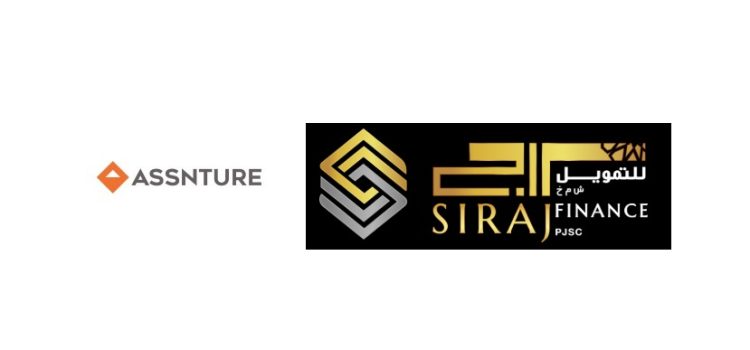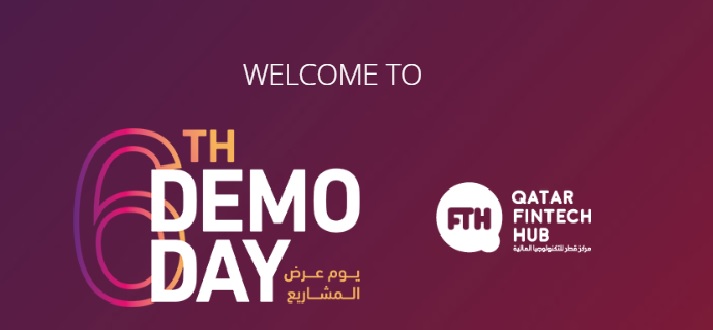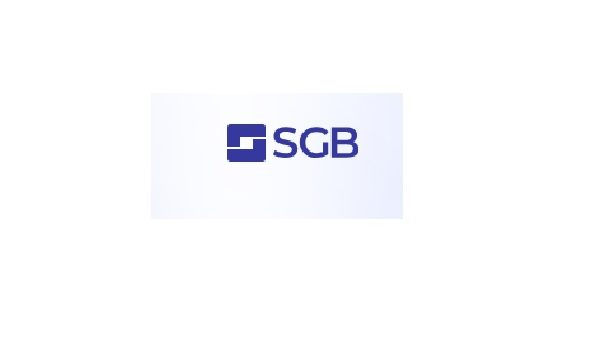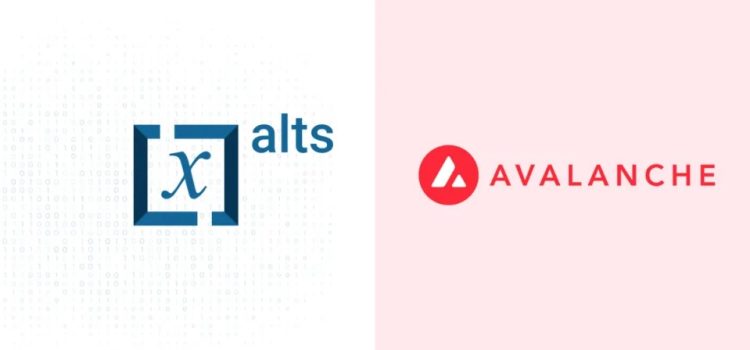
Siraj Finance PJSC, a private joint stock company based in Abu Dhabi and regulated by the UAE Central Bank, offering a multitude of financial products, designed in compliance with Islamic Shari’ah principles and ASSNTURE Limited a registered in Abu Dhabi ADGM ( Abu Dhabi Global Market) as a technology startup providing Asset Tokenization and Digital Assets Infrastructure Solutions signed a strategic partnership during ADWF ( Abu Dhabi Finance Week), to explore solutions in asset tokenization and digital assets.
As per the announcement, this collaboration represents a shared commitment to leveraging blockchain technology to redefine financial services, with a focus on enabling secure, efficient, and compliant tokenization of real-world assets.
Siraj Finance and ASSNTURE aim to combine their expertise to pilot and commercialize asset tokenization solutions that align with the regulatory frameworks of the Central Bank of the UAE (CBUAE) and Abu Dhabi Global Market (ADGM). By integrating cutting-edge blockchain technology, the two entities intend to provide clients with alternative liquidity solutions and expand access to high-value assets for a broader range of investors.
Commenting on the occasion, Mr. Mohamed Rusan Fyroze, CEO of Siraj Finance said, “This collaboration highlights Siraj Finance’s vision to lead the adoption of next-generation financial solutions in the UAE, aligning with our mission to empower businesses and individuals with innovative and compliant tools.”
Mr. Ihsan Khelef, Founder and Managing Director of ASSNTURE Limited added, “Partnering with Siraj Finance during ADFW reflects ASSNTURE’s dedication to building a robust ecosystem for tokenized assets. Together, we are setting the foundation for a new era in financial services.”
In October 2024, ASSNTURE launched “TradeDesk,” a blockchain-based platform designed to revolutionize the management and settlement of trade finance transactions for finished goods, raw materials, and commodities.

















